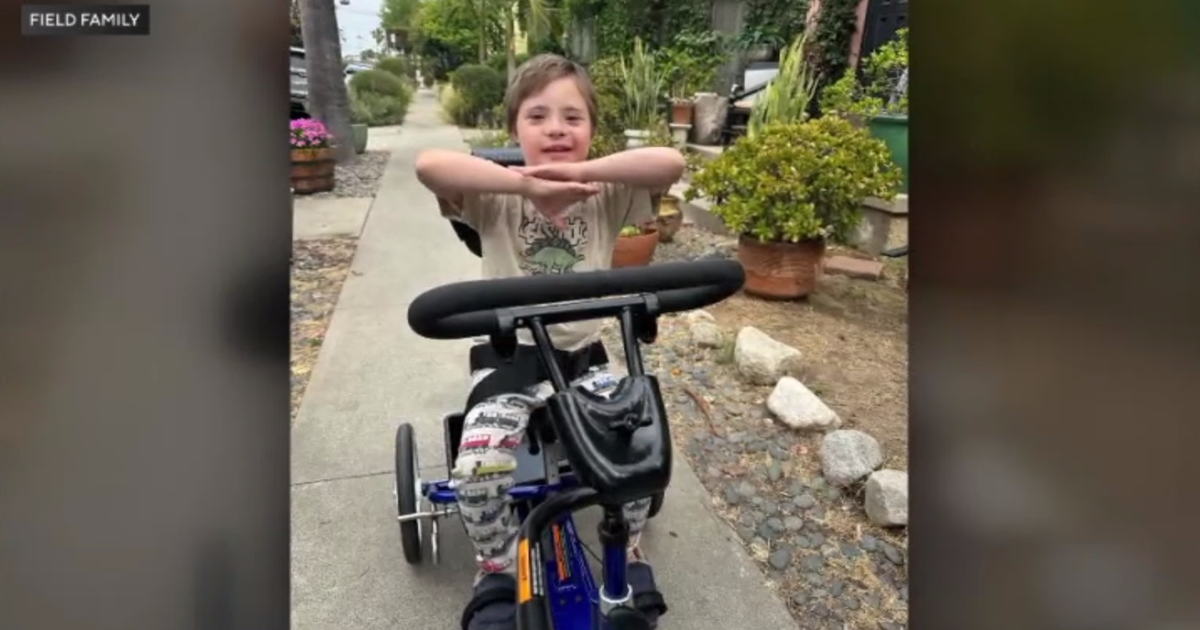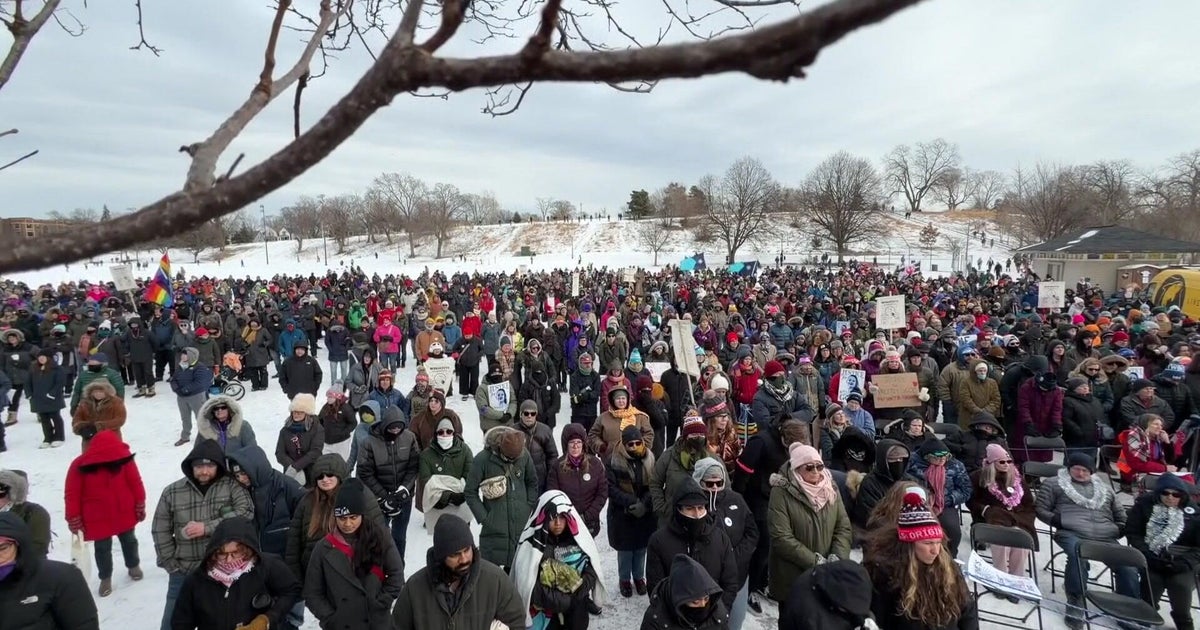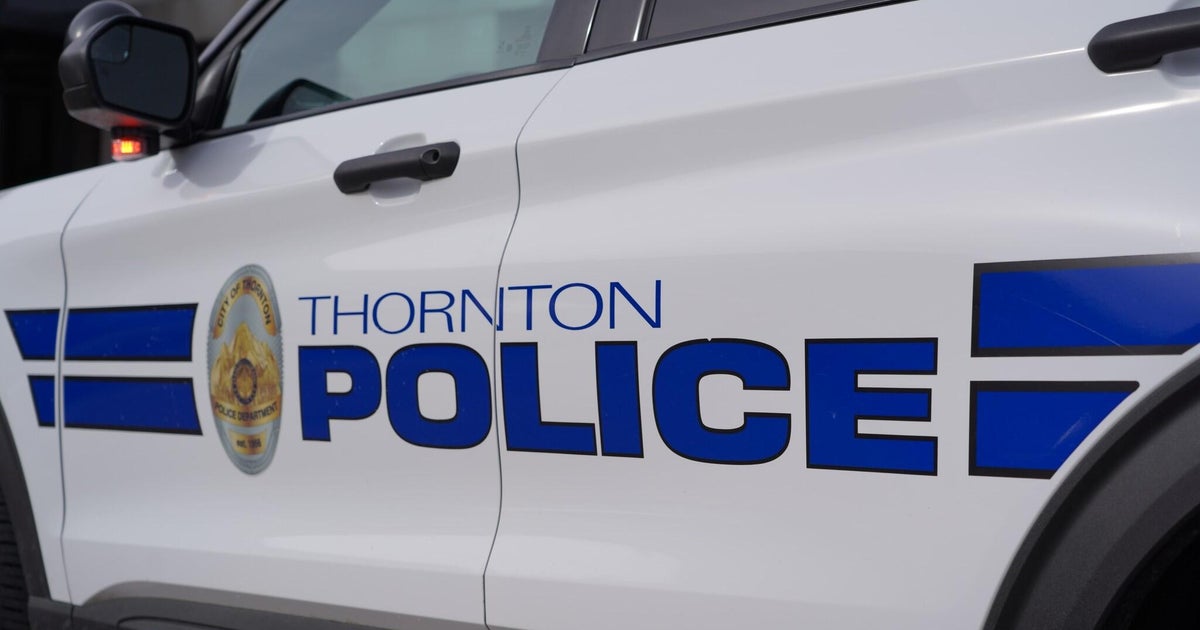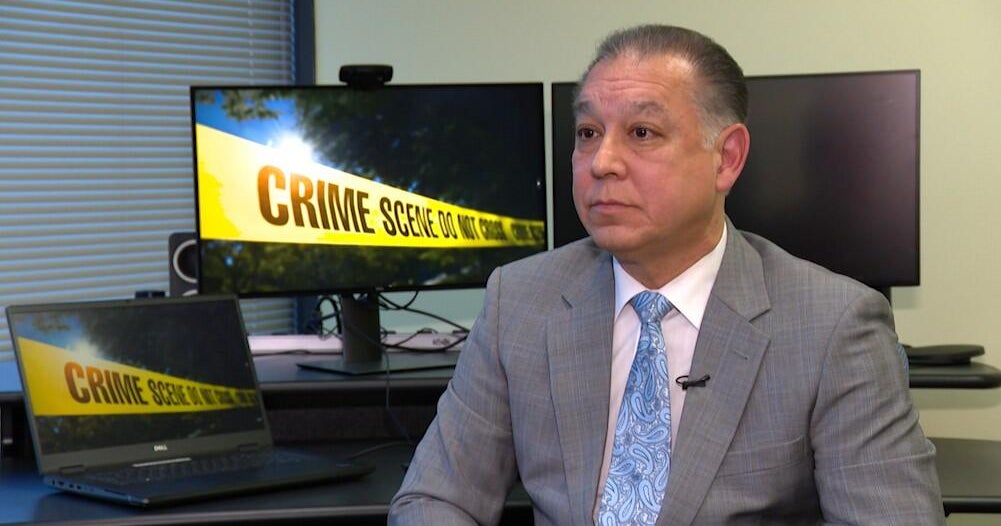Stolen Plane In Seattle Causes Security Concerns
(CNN) -- An airline employee's unauthorized takeoff from Seattle-Tacoma International Airport before dying in a crash will likely prompt a major review of already tightly controlled industry security measures, experts said Saturday.
"This is going to be a major learning event for the industry," CNN aviation analyst Justin Green said. "This is a really big deal."
The biggest question: How did a ground service agent -- whose job includes directing planes for takeoff and gate approaches as well as baggage handling and de-icing -- manage to steal a 76-seat Horizon Air turboprop and fly it for nearly an hour Friday night with military jets in pursuit before plunging into a wooded island?
"If this pilot, instead of doing what he ended up doing, had wanted to crash the airplane into downtown Seattle, the fighter (jets) were not going to be able to stop him; air traffic control was not going to stop him," Green said. "This has to be a major, major issue."
The FBI's Seattle office, which is leading the investigation, said the theft and crash of the aircraft weren't considered terrorism.
Still, the episode appears to expose alarming gaps in airport security in the post-9/11 era, according to experts.
The employee, with 3.5 years on the job, had undergone extensive background checks, was in uniform, had proper credentials and had clearance to be in secure aircraft areas, according to Brad Tilden, Alaska Airlines CEO.
"The system that works is we secure the employees that are there," Tilden told reporters Saturday.
"They're credential employees. They're there to work on the airplanes. ... This is aviation in America. The doors of the airplanes are not keyed like a car. There is not an ignition key like a car. The setup in aviation in America is we secure the airfield."
No one else was believed to be on the plane, authorities said.
The 29-year-old airline employee died in the crash. He does not appear to have been a licensed pilot.
Before taking off, airline officials said, the employee used a vehicle known as a pushback tractor to move the plane.
But protocol calls for two people to tow an aircraft, according to CNN analyst and former FAA safety inspector David Soucie.
"They need to really look at their process and procedures and see what fell through the cracks here," he said.
"The fact he was out there by himself, towing the aircraft by himself ... then moving the tracker out of the way, so he could get on the aircraft and move. The fact that all of that happened without even being noticed by anyone on the ground service crew, that is just phenomenal to me."
"Every airport in the country is going to be looking" at whether current protocols need to be changed, Soucie said.
The plane was taken from a maintenance position and was not scheduled for a passenger flight, said Gary Beck, Horizon Air's president and chief executive officer.
The plane took off without authorization around 8 p.m. PT, according to airport officials.
Video from a witness on the ground showed the plane at one point doing a loop, putting the aircraft upside-down, then pulling up just feet above a body of water.
In audio recordings posted on Broadcastify, the man can be heard talking to air traffic controllers as they try to guide him to land the plane.
At one point, he apologizes and says he is a "broken guy" with "a few screws loose."
"I've got a lot of people that care about me, and it's going to disappoint them to hear that I did this," he said. "I would like to apologize to each and every one of them. Just a broken guy, got a few screws loose, I guess. Never really knew it until now."
Within minutes of the plane's takeoff, the military scrambled two armed F-15 jets from Oregon to follow it, according to local and airline authorities and two sources with knowledge of the situation. They pursued the aircraft before it went down on Ketron Island, between Tacoma and Olympia.
A ground service agent's responsibilities don't involve touching planes' controls, CNN aviation analyst Mary Schiavo said. But the plane made turns and aerobatic maneuvers that suggested some skill.
"In this plane, he certainly knew how to retract the landing gear; he coordinated both engines, powered them up to get a coordinated takeoff," she said. "A couple of the turns, it looked like what we call in basic flight training a 'coordinated turn,' meaning that he not only used the yoke ... but you also coordinate with the rudders and you do the turns."
She added, "Yeah, he knew how to fly. But ... the air traffic controller had to tell him how to set what they call the 'bugs' -- they're just little sort of little levers, or little notches on your indicator for your heading ... which is kind of basic.
"So, (he) had some knowledge but clearly wasn't a commercial pilot."
Schiavo also said the 900,000 airport workers in the country typically undergo less scrutiny and screening than passengers. In addition, she said, medical checks of airport workers do not include mental health exams.
"We really have to start looking at mental illness and something -- he even said it himself -- he's broken," said Nick Junka, who once worked with the employee who commandeered the plane. "How he got that plane off the ground is astonishing."
© 2018 Cable News Network, Inc., a Time Warner Company. All rights reserved.







